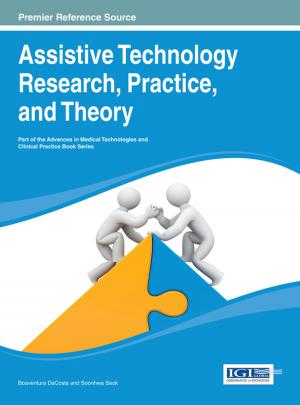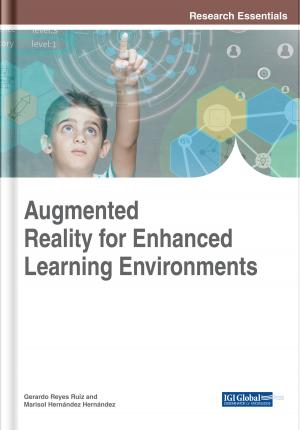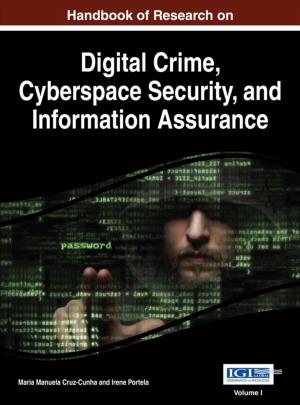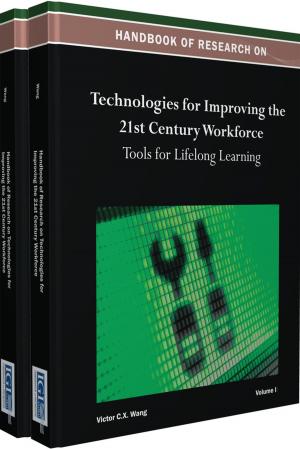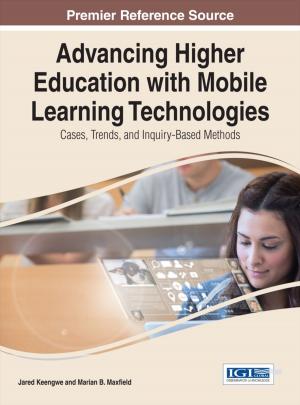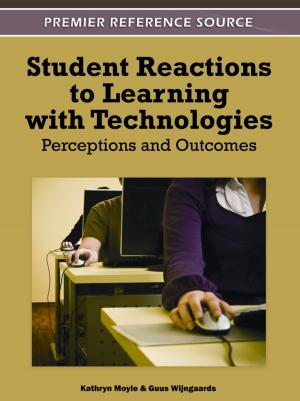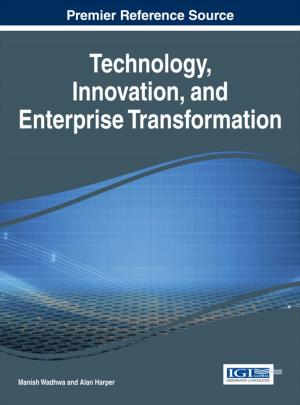Educational Recommender Systems and Technologies
Practices and Challenges
Nonfiction, Reference & Language, Education & Teaching, Teaching, Statistics, Educational Theory, Evaluation| Author: | Olga C. Santos, Jesus G. Boticario | ISBN: | 9781466604940 |
| Publisher: | IGI Global | Publication: | December 31, 2011 |
| Imprint: | Information Science Reference | Language: | English |
| Author: | Olga C. Santos, Jesus G. Boticario |
| ISBN: | 9781466604940 |
| Publisher: | IGI Global |
| Publication: | December 31, 2011 |
| Imprint: | Information Science Reference |
| Language: | English |
Recommender systems have shown to be successful in many domains where information overload exists. This success has motivated research on how to deploy recommender systems in educational scenarios to facilitate access to a wide spectrum of information. Tackling open issues in their deployment is gaining importance as lifelong learning becomes a necessity of the current knowledge-based society. Although Educational Recommender Systems (ERS) share the same key objectives as recommenders for e-commerce applications, there are some particularities that should be considered before directly applying existing solutions from those applications. Educational Recommender Systems and Technologies: Practices and Challenges aims to provide a comprehensive review of state-of-the-art practices for ERS, as well as the challenges to achieve their actual deployment. Discussing such topics as the state-of-the-art of ERS, methodologies to develop ERS, and architectures to support the recommendation process, this book covers researchers interested in recommendation strategies for educational scenarios and in evaluating the impact of recommendations in learning, as well as academics and practitioners in the area of technology enhanced learning.
Recommender systems have shown to be successful in many domains where information overload exists. This success has motivated research on how to deploy recommender systems in educational scenarios to facilitate access to a wide spectrum of information. Tackling open issues in their deployment is gaining importance as lifelong learning becomes a necessity of the current knowledge-based society. Although Educational Recommender Systems (ERS) share the same key objectives as recommenders for e-commerce applications, there are some particularities that should be considered before directly applying existing solutions from those applications. Educational Recommender Systems and Technologies: Practices and Challenges aims to provide a comprehensive review of state-of-the-art practices for ERS, as well as the challenges to achieve their actual deployment. Discussing such topics as the state-of-the-art of ERS, methodologies to develop ERS, and architectures to support the recommendation process, this book covers researchers interested in recommendation strategies for educational scenarios and in evaluating the impact of recommendations in learning, as well as academics and practitioners in the area of technology enhanced learning.

